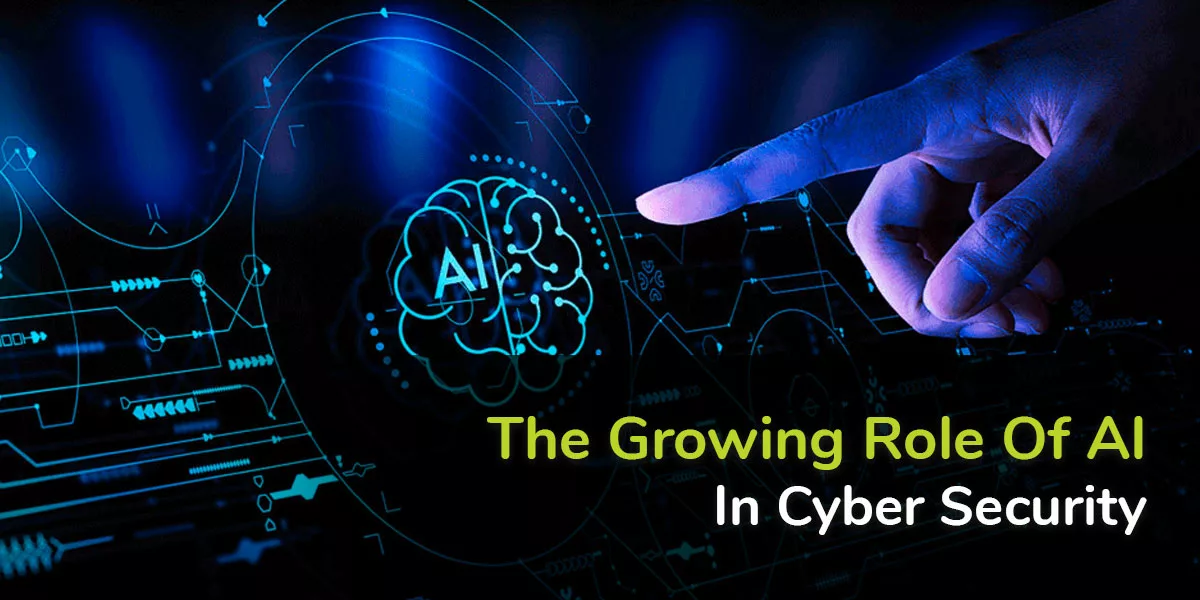Introduction
The tech industry continues to dominate global innovation, offering lucrative and future-proof career opportunities. Among the most in-demand fields are Artificial Intelligence (AI), Cybersecurity, and Data Science/Engineering. Each path has unique challenges, rewards, and skill requirements. But how do you decide which one aligns with your strengths and goals? This guide breaks down these three tech domains, compares their pros and cons, and helps you choose the right trajectory for your career.
The Rising Demand for Tech Professionals
Before diving into specifics, it’s critical to understand why these fields matter:
- AI: Powers automation, predictive analytics, and smart systems (e.g., ChatGPT, self-driving cars).
- Cybersecurity: Protects data, networks, and systems from escalating cyber threats.
- Data Science/Engineering: Turns raw data into actionable insights for businesses.
The U.S. Bureau of Labor Statistics projects 32% growth for data scientists, 35% for information security analysts, and 22% for AI/ML roles by 2032—far outpacing average job growth. Salaries reflect this demand, with median pay ranging from 100,000to150,000 annually.
Let’s explore each field in detail.
1. Artificial Intelligence (AI): Building the Future
What is AI?
AI involves creating systems that mimic human intelligence, including machine learning (ML), natural language processing (NLP), and robotics. Applications range from healthcare diagnostics to personalized marketing.
Why Choose AI?
- Innovation: Work on cutting-edge projects like generative AI or autonomous systems.
- High Salaries: Average AI engineer salaries exceed $120,000/year.
- Cross-Industry Impact: Opportunities in tech, healthcare, finance, and more.
Skills Required
- Strong foundation in programming (Python, R, Java).
- Expertise in ML frameworks (TensorFlow, PyTorch).
- Mathematical proficiency (linear algebra, calculus, statistics).
- Problem-solving and creativity.
Career Paths
- Machine Learning Engineer
- AI Research Scientist
- Robotics Engineer
- NLP Specialist
Pros & Cons
- High growth potential and intellectual stimulation.
- Rapidly evolving tools require continuous learning.
2. Cybersecurity: Defending the Digital World
What is Cybersecurity?
Cybersecurity focuses on protecting systems, networks, and data from breaches, ransomware, and cyberattacks. Roles include ethical hacking, risk management, and incident response.
Why Choose Cybersecurity?
- Job Security: Cybercrime costs will hit $10.5 trillion annually by 2025, per Cybersecurity Ventures.
- Diverse Roles: Work in governance (GRC), penetration testing, or digital forensics.
- Mission-Driven: Safeguard critical infrastructure (e.g., hospitals, banks).
Skills Required
- Knowledge of network protocols and OS (Linux, Windows).
- Certifications like CISSP, CEH, or CompTIA Security+.
- Analytical thinking and attention to detail.
Career Paths
- Cybersecurity Analyst
- Penetration Tester
- Chief Information Security Officer (CISO)
- Incident Responder
Pros & Cons
- High demand and competitive salaries ($105,000+).
- High-pressure environment with on-call responsibilities.
3. Data Science & Engineering: Unlocking Insights
What is Data Science?
Data professionals analyze and interpret complex datasets to drive business decisions. Data engineers build pipelines, while data scientists create predictive models.
Why Choose Data?
- Versatility: Every industry relies on data (e.g., retail, finance, sports).
- Impact: Influence strategic decisions with data-driven insights.
- Remote Work Flexibility: Many roles offer hybrid/remote options.
Skills Required
- Proficiency in SQL, Python, or R.
- Knowledge of Big Data tools (Hadoop, Spark).
- Statistical analysis and data visualization (Tableau, Power BI).
Career Paths
- Data Scientist
- Data Engineer
- Business Intelligence Analyst
- Data Architect
Pros & Cons
- Broad applicability and strong job growth.
- Can involve tedious data cleaning and stakeholder management.
How to Choose Your Path
Ask yourself these questions:
- What are your strengths?
- Love math and coding? → AI
- Enjoy problem-solving under pressure? → Cybersecurity
- Skilled in analysis and storytelling? → Data
- What work environment do you prefer?
- AI: Collaborative R&D teams.
- Cybersecurity: Fast-paced, defense-oriented.
- Data: Cross-functional business teams.
- What’s your long-term goal?
- Build AI products? → AI/ML
- Combat cybercrime? → Cybersecurity
- Influence business strategy? → Data Science
Final Thoughts
AI, cybersecurity, and data science all offer rewarding careers. Your choice depends on passion, skills, and goals. Start by taking online courses (Coursera, Udemy) or earning entry-level certifications. Shadow professionals, attend webinars, and build projects to test your fit. The tech world needs diverse talent—so take the leap and shape the future!
FAQ Section
1. Which field has the highest salary?
AI and cybersecurity roles often offer higher starting salaries (~$120K), though senior data scientists can earn comparable figures.
2. Can I switch fields later?
Yes! Foundational skills like programming and analytics overlap. Certifications (e.g., AWS for data, OSCP for cybersecurity) ease transitions.
3. Which is easiest to learn?
Data roles may be more accessible for beginners due to abundant resources. Cybersecurity and AI require niche technical skills.
4. Do I need a degree?
Not always. Bootcamps, certifications (Google Data Analytics, CISSP), and portfolios can suffice—especially in cybersecurity and data.
5. Which has the best remote work opportunities?
Data and cybersecurity roles often offer remote flexibility. AI may require lab access for hardware-intensive projects.
Read more Article About Tech Career Growth
